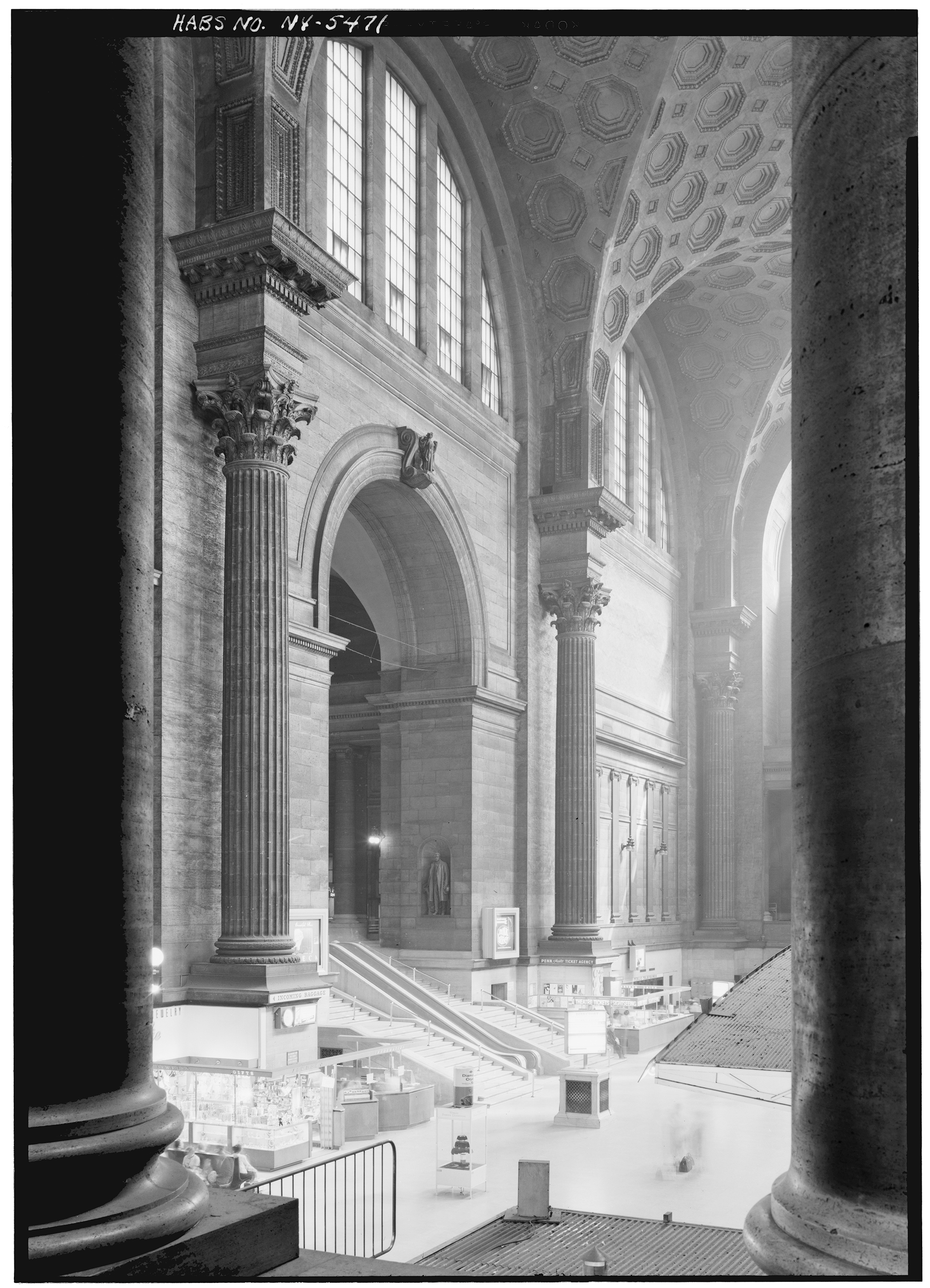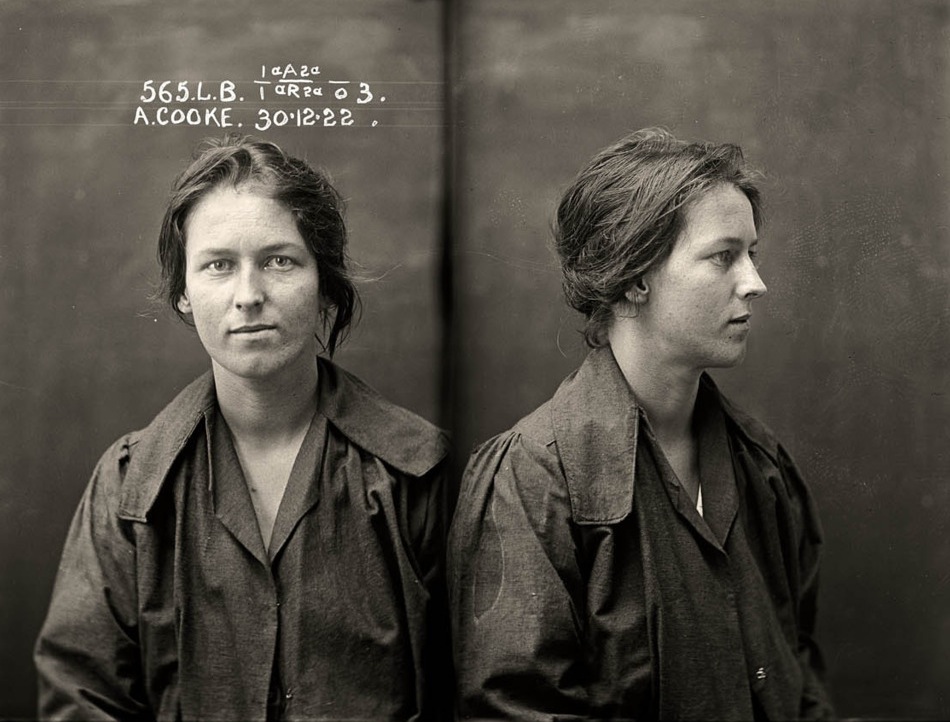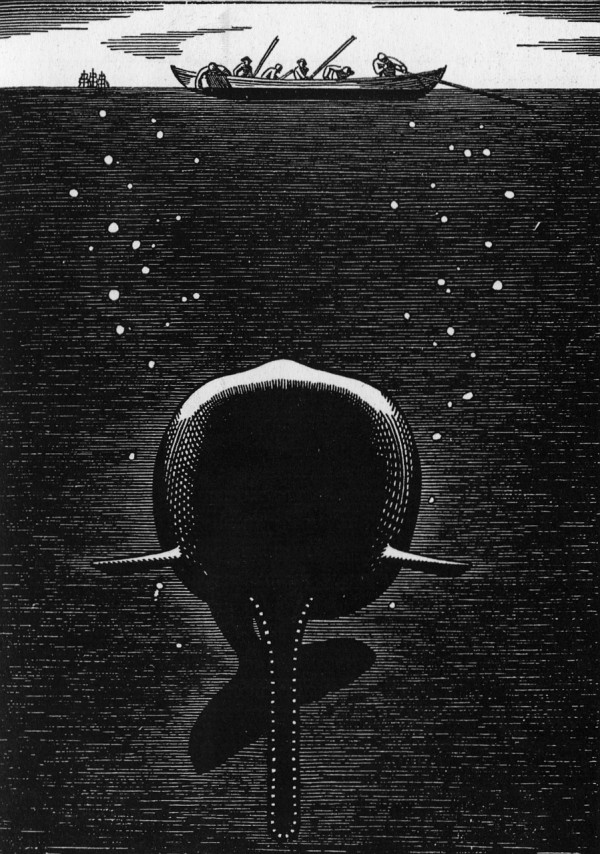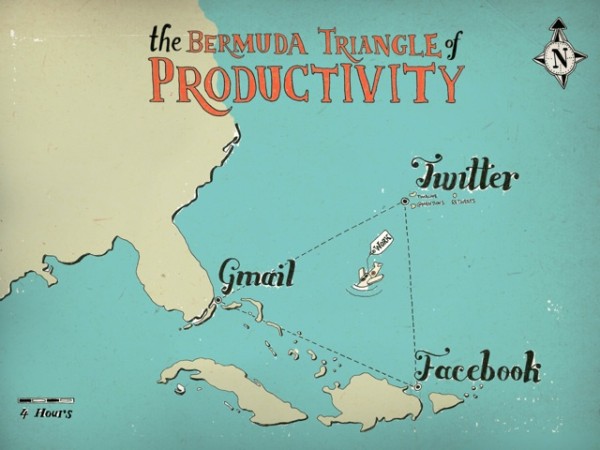“Alice Adeline Cooke, criminal record number 565LB, 30 December 1922. State Reformatory for Women, Long Bay, New South Wales…. Convicted of bigamy and theft. By the age of 24 Alice Cooke had amassed an impressive number of aliases and at least two husbands. Described by police as ‘rather good looking,’ Cooke was a habitual thief and a convicted bigamist. Aged 24. Part of an archive of forensic photography created by the NSW Police between 1912 and 1964.” Source: Mug Shots of Australian Criminals (via).
Blog
Penn Station, 1962

Pennsylvania Station, New York City. May 10th, 1962. Photograph by Cervin Robinson. (via)
Moby
Quote of the Day
The chief beauty about time is that you cannot waste it in advance. The next year, the next day, the next hour are lying ready for you, as perfect, as unspoiled, as if you had never wasted or misapplied a single moment in all your life. You can turn over a new leaf every hour if you choose.
Arnold Bennett (via)
Galbraith on modern conservatism
The modern conservative is engaged in one of man’s oldest exercises in moral philosophy; that is, the search for a superior moral justification for selfishness.
John Kenneth Galbraith
Fuck you, Melville!
I spent ten years writing Oscar Wao, and I definitely didn’t spend the ten years being like, “I’m amazing! This has taken ten years because this much genius requires a decade!” [laughter] I spent the whole time, you know, fucked up, unhappy, really miserable and convinced that I’d ruined the whole thing, and all the stuff you get when you spend a really long time lost in the desert. I think more than anything, my basic lesson as an artist has been humility.… The crazy thing about the arts is it’s not like other stuff where you can build up muscle to help you with the next project. A friend of mine, he’s a surgeon, he’s like a combat surgeon in Iraq, and we grew up together and immigrated together, and he tells me every surgery makes you even more awesome for the next surgery. I’ve never felt that anything I’ve written has made me more awesome. So I think for me it’s going to be a struggle for whatever the next project is, and if you’re an artist and you work long enough at this, you begin to understand your rhythm, and what I’m beginning to understand is my rhythm is very slow. I felt like my first book was just an accident, but what I’m discovering now is that this is my rhythm. I take forever. Friends of mine hear this and they want to fucking throw themselves off a bridge, because the first ten years drove them crazy.… Melville wrote Moby-Dick — does anyone remember how many months it took him? Like fourteen months! Fuck you, Melville!
— Junot Díaz, interviewed by Dave Eggers in The Boston Review
The Bermuda Triangle of Productivity
In Between Days
Productive novelists hurry from one project to the next. Lee Child has said that the moment he types the last sentence of a book, he immediately writes the first few sentences of the next one. That manic pace is partly a function of the book-a-year schedule that top-sellers like Lee have to maintain. As a practical matter, if you intend to deliver a book every twelve months, there just isn’t time to slow down between projects.
But there is something else, too. The doldrums between books is a dangerous, depressing time for a writer. In an interview I posted here a long time ago, Philip Roth said, “Without a novel I’m empty. I’m empty and not very happy.” I have that bereft feeling now.
I sent off my last book to my editor a few weeks ago. Since then, I have been trying to assemble the first stirrings of the next book, all the notes, clippings and research, all the vague notions that I have been collecting for the project over the years. These scraps don’t mean much. When I look them over now, they don’t cohere. Whatever glimmer of inspiration I saw in them is long gone. But I keep organizing my old notes, studying them, rereading them, because they are the only clues I have about what this dim intuition in my head is leading to. Also, honestly, I don’t know what else to do. How, exactly, do I go about finding the story in all this mess?
How to start a new book is an especially fraught subject for me. I have had long gaps after each of my novels, which has hurt me commercially. My first English publisher, Transworld, dropped me because I was not “writing regularly.” But the problem has not been slow writing. The problem has been projects that were badly chosen, badly planned, or simply abandoned too soon — healthy babes smothered to death in the crib. I have learned the hard way how crucial this inception stage really is. Choose the wrong story or build the right story the wrong way, and you may wind up writing yourself into a corner or (every writer’s nightmare) abandoning a half-finished manuscript. The time-penalty for a mistake like that is measured in months, even years.
So I want to move quickly this time, but I do not want to make a mistake. Hesitation is fatal, but lack of hesitation can be, too. The trick, as John Wooden put it, is to “move quickly but don’t rush.”
In the meantime, tonight is New Years Eve. The clock will be ticking especially loudly for me.


